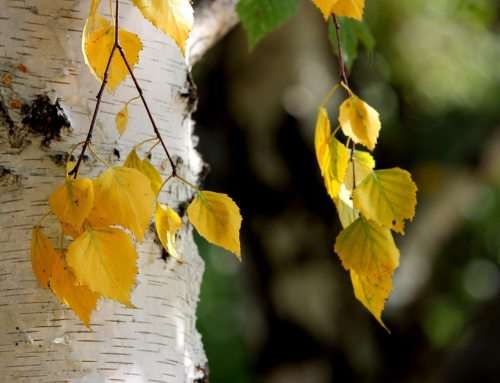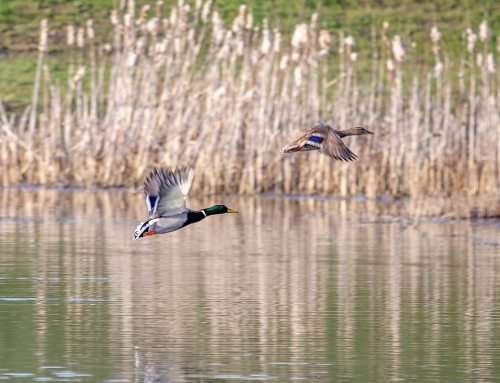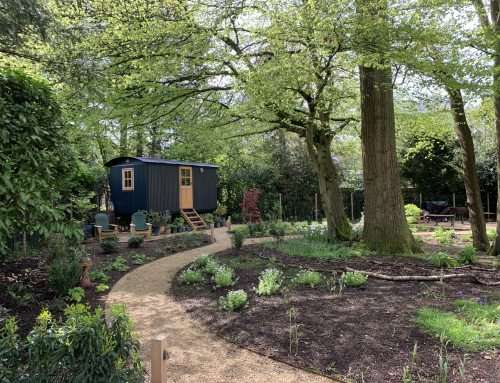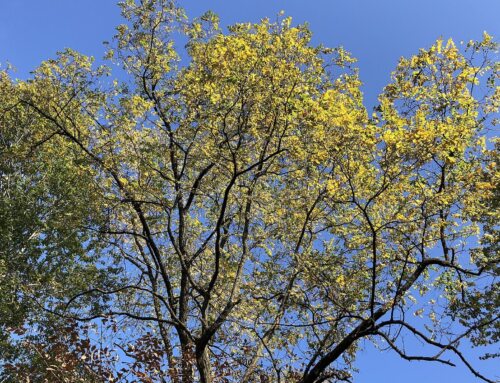Bats Hibernation and What it Means for Development
December is the month where the ‘big sleep’ typically starts for bats. They may have already started longer periods of physical inactivity referred to as ‘torpor’ during November depending on weather, temperatures and food availability. December typically sees the temperature getting colder and bats moving to their winter roosts, sometimes in small groups, but quite often on their own.
Bats continue to hibernate throughout January and February, surviving on the fat stores that they accumulated during the warmer summer weather when food resources were more accessible. In their period of hibernation, they lower their core body temperature closer to their surroundings. They also slow down their breathing and lower their metabolic rate to prolong their ability to sustain themselves on their fat stores. On warmer nights during hibernation, the bats may rouse and leave their winter roost to find food and water. Bats may continue to hibernate or partake in longer periods of torpor up to as late as April or May, depending on climatic conditions.
The roosting preferences of many of our bat species mean that they are often roosting, tucked away in small cracks and crevices of buildings and trees. When we add the colder temperatures of their hibernating months, the bats will roost deeper into these features and can often be missed if adequate assessment is not undertaken. Understanding and respecting the hibernation preferences of our bat species is not only environmentally responsible but is also a legal necessity to ensure bats are not disturbed in one of their most sensitive periods. Any development works that may involve the disturbance of roosting bats in a structure or tree require professional advice.

By Natasha Hannah Lyons – Ecological Consultant
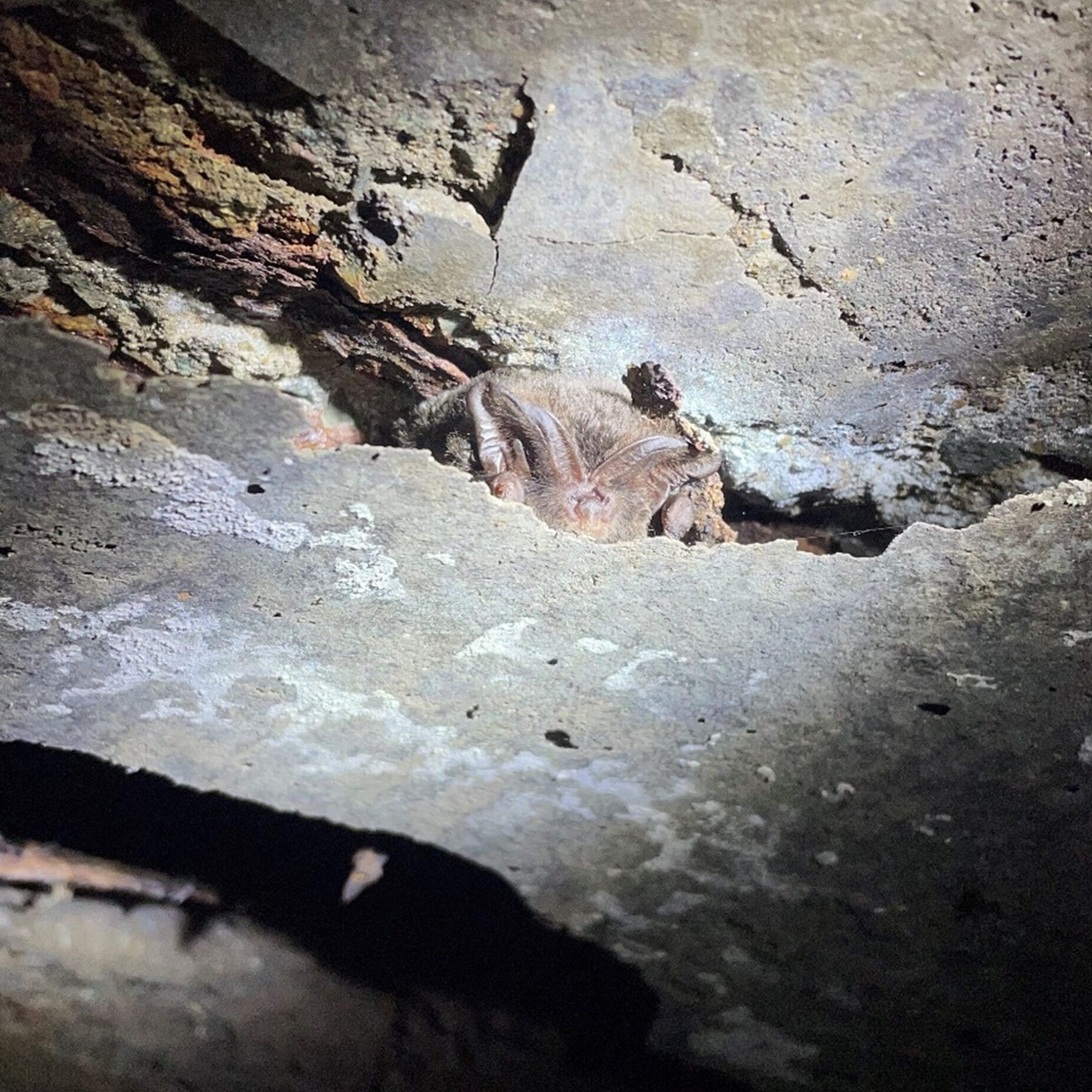
Barbastelle bat in flaking concrete in a hibernation roost.
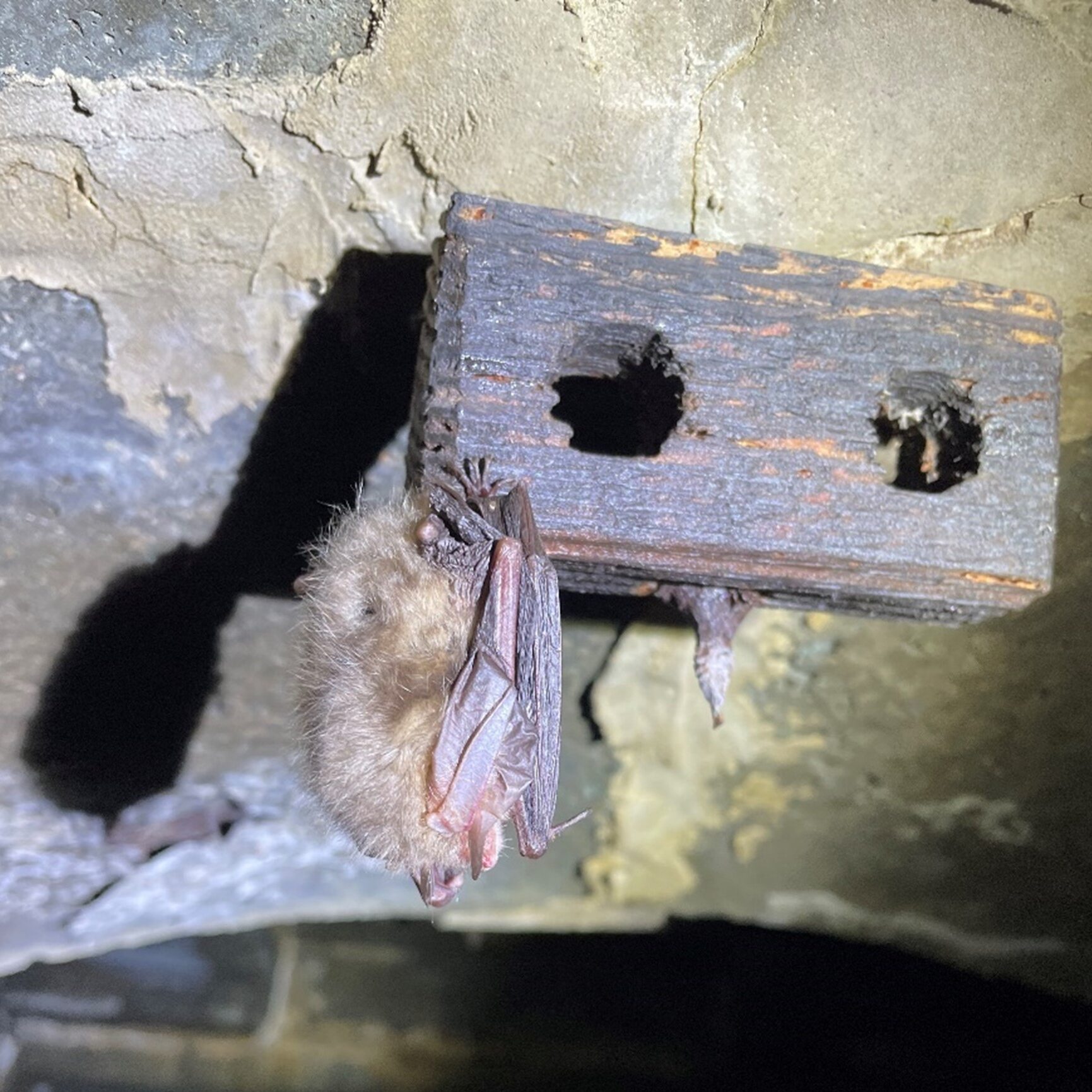
Brown long-eared bat free hanging in its hibernation roost. Note these bats fold their long ears under their wings during hibernation.
The Nicholsons Ecology Team is available to discuss any bat survey requirements you may have for the upcoming 2024 survey season, including preliminary roost inspection surveys, hibernation surveys, emergence surveys and activity surveys. Please contact the team on 01869 340342 or by emailing contact@nicholsonsgb.com.

